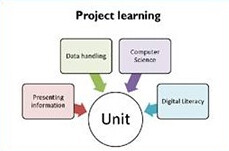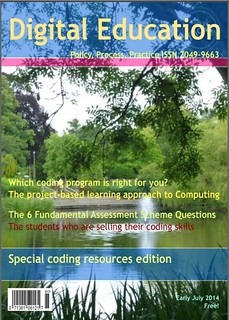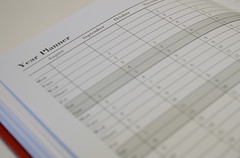 Kathryn Day describes how she and her colleagues have approached the teaching of the Computing Programme of Study in Suffolk, England.
Kathryn Day describes how she and her colleagues have approached the teaching of the Computing Programme of Study in Suffolk, England.The Computing Curriculum: Suffolk's Interpretation
 Kathryn Day describes how she and her colleagues have approached the teaching of the Computing Programme of Study in Suffolk, England.
Kathryn Day describes how she and her colleagues have approached the teaching of the Computing Programme of Study in Suffolk, England.






